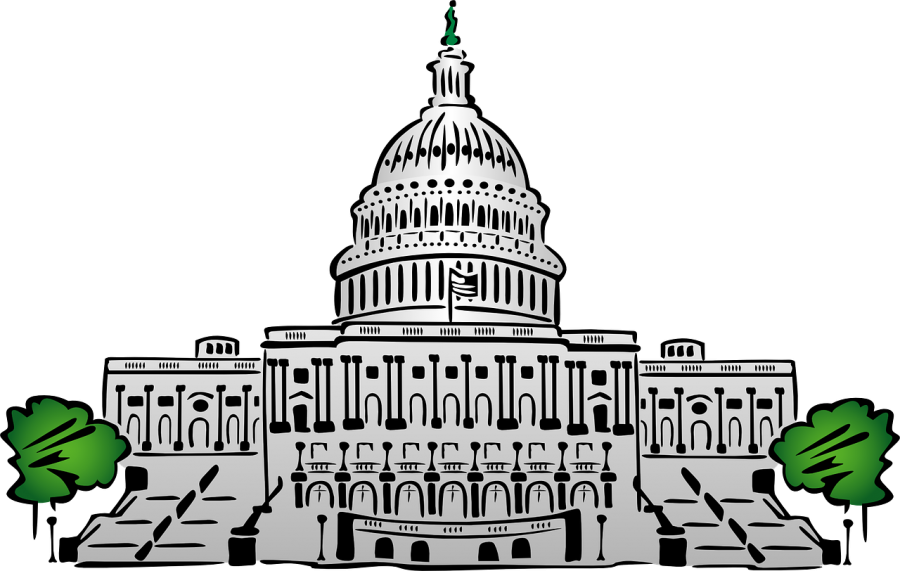On Monday, October 23, President Daniel Ortega of Nicaragua signed the Paris Agreement, binding the country to the historic accord enacted in December 2015. Unlike previous attempts at international global warming prevention, the Paris climate conference succeeded in tying 195 countries in a legally binding, comprehensive climate action plan. Nicaragua had previously refrained from ratifying the treaty because they believe the accord did not go far enough to control carbon emissions.
The Obama-era American commitment to the treaty was rescinded after Donald Trump announced his intentions to begin the three-year withdrawal process from the contract, citing economic concerns. Last year during an appearance on Fox and Friends, Trump commented, “Well, I think the climate change is just a very, very expensive form of tax. A lot of people are making a lot of money. I know much about climate change. I’d be—received environmental awards. And I often joke that this is done for the benefit of China. Obviously, I joke. But this is done for the benefit of China because China does not do anything to help climate change. They burn everything you could burn; they couldn’t care less. They have very—you know, their standards are nothing. But they—in the meantime, they can undercut us on price. So it’s very hard on our business.”
After this week, only two countries in the world — Syria and the United States — are not signatories on the agreement.
As the international community pushes forward with climate change initiatives, the United States continues to fall behind, fueling growing concerns the sizeable American contribution to climate change. The New York Times reported on potential scientific censorship within the Environmental Protection Agency (EPA), revealing that several EPA researchers’ climate change conference appearances were canceled for unspecified reasons.
Many of the accusations of censorship are traced back to the Trump-appointed head of the EPA, Scott Pruitt. Pruitt has publicly disregarded carbon emissions as the cause of climate change and currently seeks to reinvestigate and potentially refute crucial EPA documents studying the causes of climate change.
Under Pruitt’s direction, the EPA drastically reduced its references to climate science at all. His current agenda includes the deconstruction of the Clean Power Act, which seeks to minimize harmful CO2 emissions from power plants.
Despite the recent onslaught of natural disasters, Pruitt insists, “To have any kind of focus on the cause and effect of the storm; versus helping people, or actually facing the effect of the storm, is misplaced…there’s the… place (and time) to do that, it’s not now.”
The future of climate action in the United States is unclear, but the current administration’s rhetoric surrounding the issue seems to suggest a dramatically reactionary position moving forward.









Alex Soay • Oct 26, 2017 at 9:59 am
Good job on this news articles it is very specific in detail and obviously well researched.